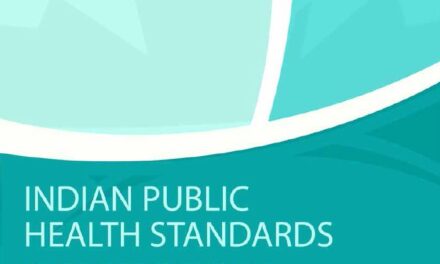Indiscriminate Use of OTC Medications Raises Concerns About Kidney Health
Introduction: As the world prepares to observe World Kidney Day on March 14, experts sound the alarm about the dangers posed to kidney health by the indiscriminate use of over-the-counter (OTC) medications. While these medications offer relief from pain and inflammation, their misuse can lead to significant risks, including kidney damage. With kidney disease ranking as the eighth leading cause of death in India, nephrologists emphasize the importance of raising awareness and adopting preventive measures to safeguard kidney health.
Understanding the Risks: According to nephrologists, the overuse of OTC painkillers, particularly non-steroidal anti-inflammatory drugs (NSAIDs) like ibuprofen and aspirin, contributes significantly to kidney disease prevalence. These medications can disrupt kidney function by reducing blood flow, causing fluid retention, and interfering with electrolyte regulation. Dr. Deepak Shankar Ray from NH-RN Tagore Hospital, Kolkata, highlights the adverse effects of prolonged NSAID use, emphasizing the potential for acute kidney injury in severe cases.
The Silent Threat of Kidney Disease: Despite its prevalence, kidney disease often remains undetected due to a lack of noticeable symptoms, earning it the moniker of the “quiet disease.” Dr. Rajesh Aggarwal from Sri Balaji Action Medical Institute warns about the increased risk of antibiotic-induced kidney damage, particularly among patients with pre-existing kidney impairment. Inappropriate antibiotic use, such as self-medication or incomplete courses, exacerbates the development of antibiotic-resistant bacteria, further jeopardizing kidney health.
Promoting Kidney Health: To mitigate the risks associated with OTC medications and antibiotic misuse, experts emphasize the importance of adhering to prescribed medication regimens and seeking medical guidance when necessary. Patients are urged to refrain from self-medication and to be vigilant of any changes in urinary habits or signs of swelling, which may indicate underlying kidney issues. By prioritizing preventive measures and proactive healthcare practices, individuals can safeguard their kidney health and mitigate the impact of kidney disease.
Conclusion: As World Kidney Day approaches, the call to action to prioritize kidney health grows louder. With kidney disease posing a significant public health challenge, it is imperative for individuals to educate themselves about the risks associated with OTC medications and antibiotic misuse. By raising awareness, adopting healthy lifestyle habits, and seeking timely medical intervention, individuals can take proactive steps to protect their kidneys and ensure overall well-being.












